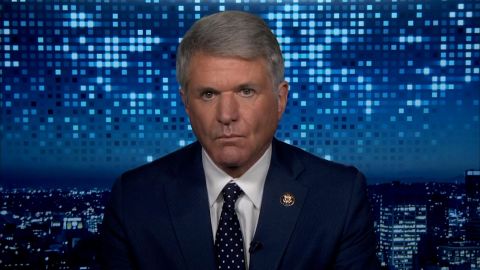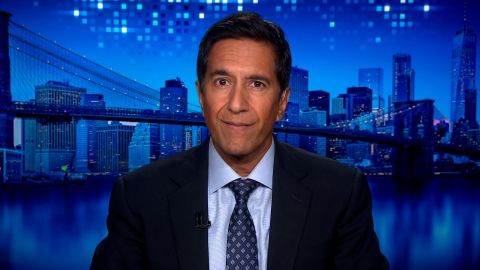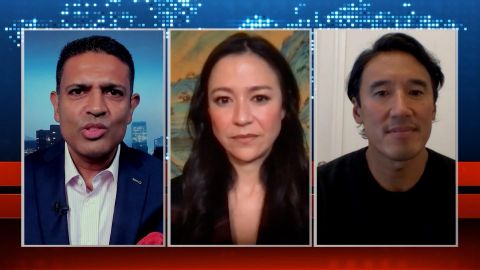Read Transcript EXPAND
DR. SANJAY GUPTA, CNN SENIOR MEDICAL CORRESPONDENT: Well, they’re submitting the data, which means they feel pretty comfortable that the data is going to look good. And we know that the FDA in the United States has already scheduled a meeting on October 26. So this is an advisory committee, Bianna. They — it’s an open committee meeting. People — anybody can watch it. And at the end of that, they make a recommendation to the FDA. If it follows a similar pattern as it has with the previous authorizations of the vaccines, then the FDA could authorize the next day, and the CDC could recommend a couple of days after that. So, potentially, by Halloween in the United States, that vaccine could be authorized. Now, obviously, we got to see how this plays out. I mean, we’re just hearing from the company so far, but it looks promising. And do keep in mind, I know you have a — you have family. Your family’s directly impacted by this. After the authorization, one shot, and then, three weeks later, a second shot, and then it’s two weeks after that before someone would actually be considered vaccinated. So there is a little bit of a time even after an authorization happens. But, again, it looks promising for the next couple of months to be able to have many people in that age group vaccinated.
BIANNA GOLODRYGA: And they are advising one-third of the dose use for adults, correct?
GUPTA: Yes. Yes, and good point. So, typically, it’s 30 micrograms. This would be 10 micrograms. They found that that smaller dose still created enough of those neutralizing antibodies in children aged 5 to 11. So I think it’ll also lead to fewer side effects probably as well, the sore arm and things like that that people get.
GOLODRYGA: Yes. Well, listen, as you mentioned, my kids, I am ready to line them up and get those shots as soon as possible. And, fortunately, this has not been a virus that has targeted young children, though, because of the Delta variant, one in four children have been infected as of last month. So this really is going to impact kids ages 5 to 11. Of course, the question is, will all parents agree to vaccinate their children? And one alarming survey from the Kaiser Family Foundation said that roughly a third of parents of children between the ages of 5 and 11 say they want to wait and see before allowing their children to be vaccinated.
GUPTA: Right.
GOLODRYGA: One can understand, of course, that a parent wants to be utmost prepared and that their children will be safe, but does that alarm you at all?
GUPTA: Yes, I mean, this is a — it’s been a concern all along. I feel like, for the last year, the hesitancy around the vaccines has been a big issue. I think, with young children in particular, first of all, I think, if the FDA does authorize that, you will see the numbers change a bit. We always do. I think people will have see that as a bit of an affirmation, Bianna. I think the other thing is that it’s got to be a reminder, as you say, that a lot of parents say, look, my kid is not really at risk for this. So why am I doing this? And I think you have to make the case that the risk is much smaller. It’s not zero. It’s a safe vaccine. And there’s a larger component to this, which is, we’re getting really close to potentially being able to look at this pandemic in the rearview mirror, not ending it, but really controlling it.
About This Episode EXPAND
Dr. Sanjay Gupta; Michael McCaul; Elizabeth Chai Vasarhelyi; Jimmy Chin; Chris Cassidy
LEARN MORE



